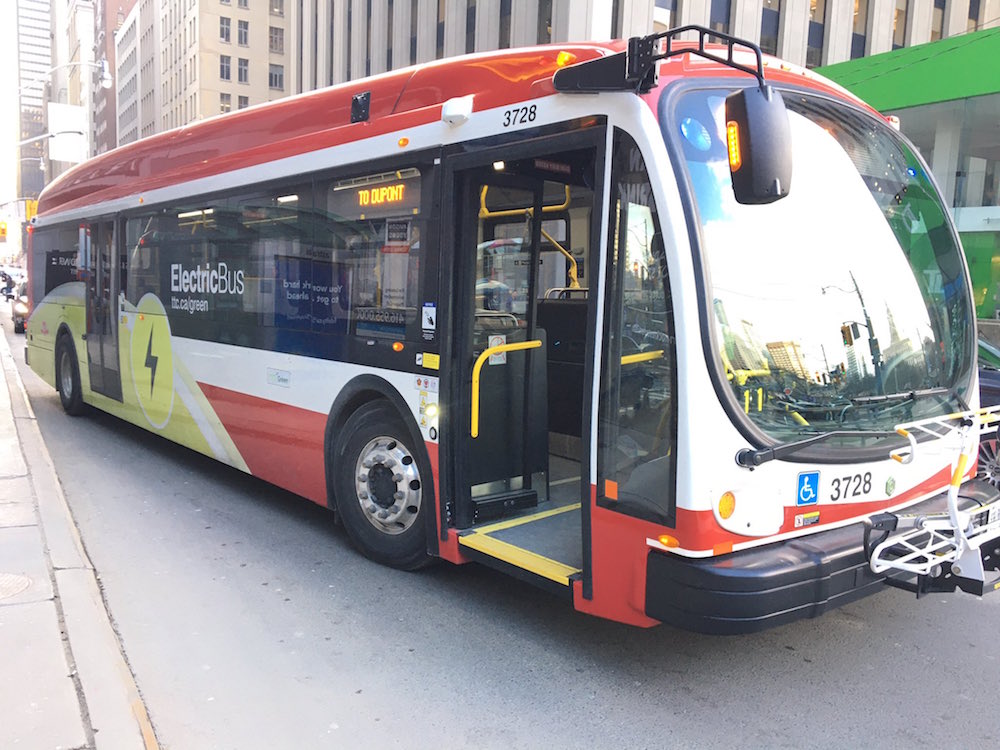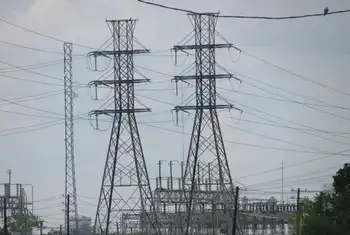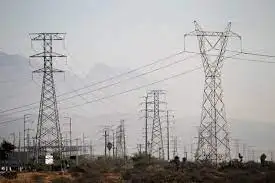Business facing huge electric hikes
PEORIA, ILLINOIS - Steve Wessels struggles daily to keep a healthy bottom line against competition with foreign countries, the rising cost of health care, worker's compensation and increasing taxes and fees.
Starting Jan. 1, he'll also be socked with a huge increase in electricity costs at his Peoria aluminum factory, Alcast Co. - to the tune of about $150,000.
"I am very disturbed by this electrical situation and its effect on the company I help run," Wessels wrote in an e-mail. "I will have difficultly explaining this to our employees when our stock value goes down in 2007. It is difficult enough to be manufacturing and competing with low cost countries, and now here is a totally uncontrollable cost increase that doesn't effect our competition."
Ameren Corp. announced last month, at the conclusion of the state's first power auction, that residential Ameren IP, CIPS and CILCO customers could expect to pay 40 percent to 55 percent more starting Jan. 1. That price reflects the cost of buying power from suppliers, set in the controversial reverse auction.
Ameren said residential customers will pay, on average, $315 to $400 more annually in their bills. But business customers - who pay varying rates based on size - are facing much larger increases.
Area companies contacted by the Journal Star say they expect to pay hundreds of thousands of dollars more next year.
While residential customers largely have no option regarding electricity service, businesses can secure other contracts on the open market. Still, they say large increases are on the horizon no matter which way they turn.
Wessels recently signed a contract with an alternative provider, Sempra Energy, which will cost an extra $150,000 a year. With AmerenCILCO, however, Wessels would have faced a 90 percent increase, about $390,000.
Other local businesses are in a similar situation.
OSF Saint Francis Medical Center is looking at a 75 percent to 100 percent increase under AmerenCILCO's plan, said spokesman Chris Lofgren. Methodist Medical Center would see an increase of about 100 percent, said Brian Geier, the hospital's director of facility services.
Caterpillar Inc., while declining to be specific, says it would see a large increase in the portion of its energy supplied by Ameren's Illinois utilities under the proposed rate plan (the company also has contracts with other electricity producers and supplies its Aurora plant with internally produced energy), said Mark Kelly, Caterpillar's energy coordinator.
Vic Stirnaman, executive vice president of Keystone Consolidated Industries Inc., declined to say how large of an increase the company is looking at, but said it's "quite significant." "It's going to increase costs and ultimately customers will have to pay for it and the real question is, are they willing to?" Stirnaman said.
Steve Waibel, corporate controller for Morton Metalcraft, said that company is looking at an increase of 120 percent on its AmerenCILCO bill.
Excel Foundry and Machine Inc. in Pekin would see a rate hike of 100 percent, said Dave Eagan, vice president of manufacturing. "It's a bad situation for business," he said.
Each of these companies plan to explore alternative energy suppliers that could mitigate the increases, though they still expect to pay more next year.
Meanwhile, businesses are waiting to see whether the General Assembly approves a rate freeze. However, they've been given deadlines of Oct. 31 and Nov. 10 - depending on the size of the company - to decide whether to go with Ameren's rates or to choose another provider. That means, barring a special session, companies will have to choose their plan before a rate freeze is even considered.
"We're trying to build language into a contract that will let us get out of a contract if that indeed happens. We don't have anything agreed upon yet," said Methodist's Geier.
Still, local companies aren't optimistic they'll be included even if rates are frozen. Currently, discussions have revolved around a freeze for residential customers and several lobbying groups representing the state's businesses have come out opposed to a rate freeze and in favor of the auction process.
"The utility companies have to be allowed to make a fair profit in order for the company to be economically viable," said Avis LaVelle, spokeswoman for Consumers Organized for Reliable Electricity, which includes representatives from the Illinois Manufacturers' Association. "How will there ever be competition in Illinois if prices are frozen below what the market charges?" The group - which calls itself CORE - was founded over a year ago. It is almost entirely funded by Commonwealth Edison, which serves customers in northern Illinois.
ComEd, along with Ameren Illinois, asked the Illinois Commerce Commission to approve the auction process that is at the center of the controversy. LaVelle said funding isn't the reason the group took that position, noting that not all businesses support a rate freeze.
"The utility companies in the form of ComEd support the operation of CORE, just as any advocacy organization for a particular industry have member companies that support the operation," she said.
The Illinois Chamber of Commerce is also against a rate freeze, though the Peoria Area Chamber of Commerce is waiting for more information and has yet to take a position, said President Jim McConoughey.
Wessels said he's baffled as to why lobbying groups that represent business would sign off on the auction process and lobby lawmakers to vote against a rate freeze. It's going to put his business in a real pinch, he said.
"Obviously, I quit that organization," Wessels said of the Illinois Manufacturers' Association. "I've paid dues for years and years. I don't know how anyone who supports Illinois manufacturing can support this auction process. That's really disappointing to me."
Related News

Fuel Cell Electric Buses Coming to Mississauga
MISSISSAUGA - Mississauga, Ontario, is gearing up for a significant shift in its public transportation landscape with the introduction of fuel cell electric buses (FCEBs). This initiative marks a pivotal step toward reducing greenhouse gas emissions and enhancing the sustainability of public transport in the region. The city, known for its vibrant urban environment and bustling economy, is making strides to ensure that its transit system evolves in harmony with environmental goals.
The recent announcement highlights the commitment of Mississauga to embrace clean energy solutions. The integration of FCEBs is part of a broader strategy to modernize the transit fleet…




